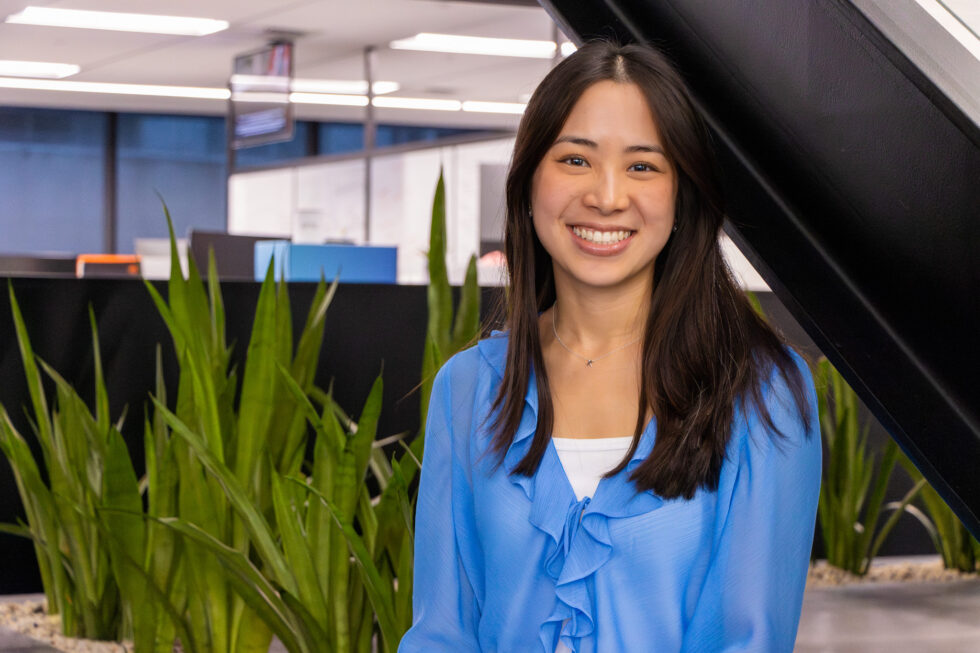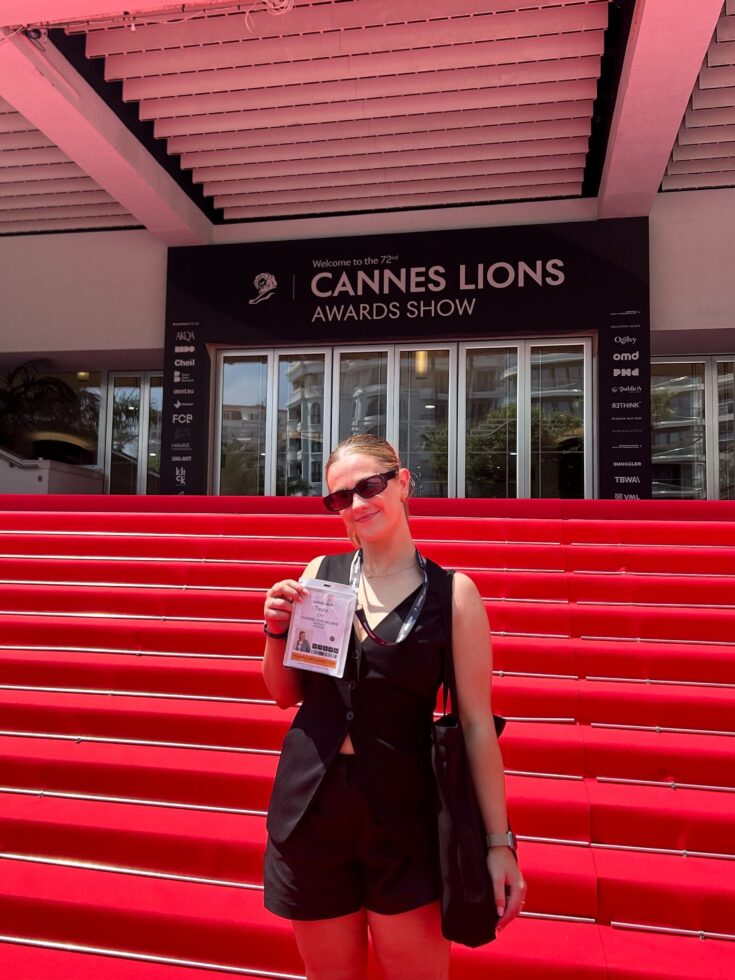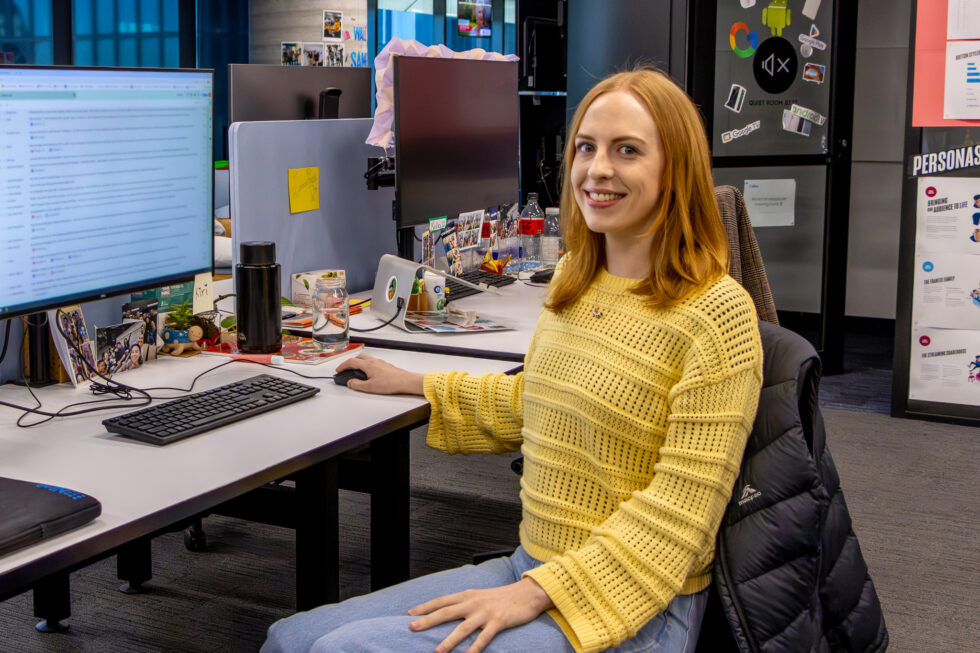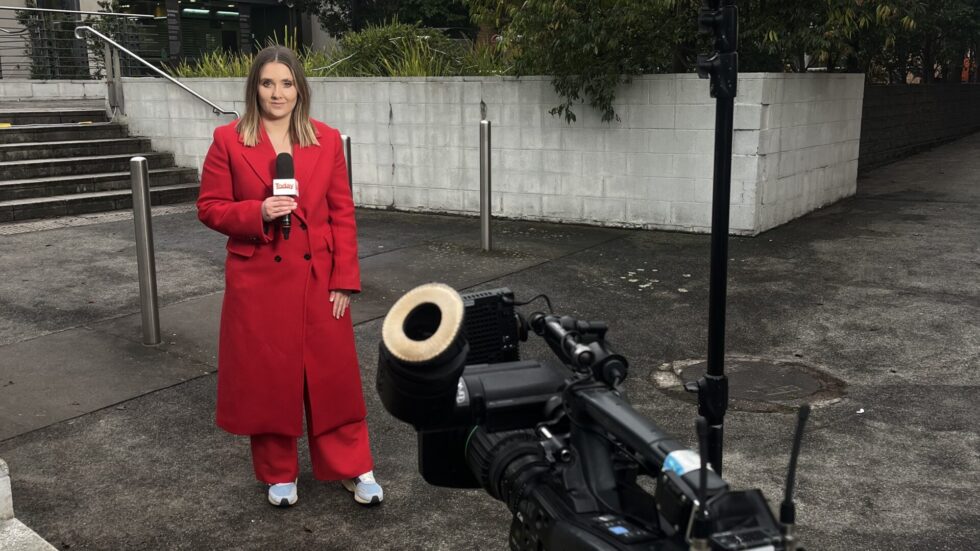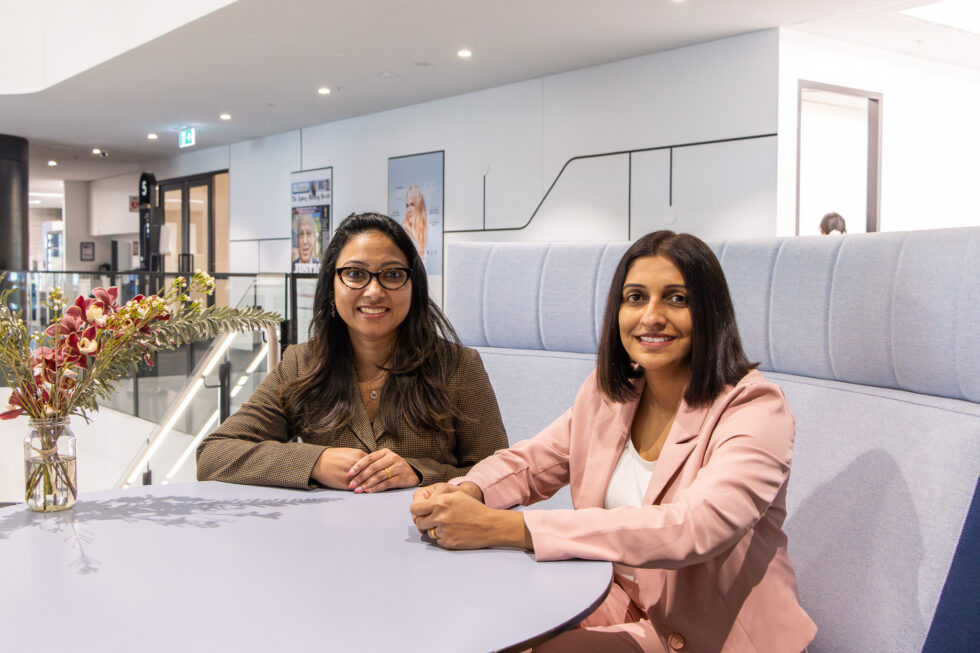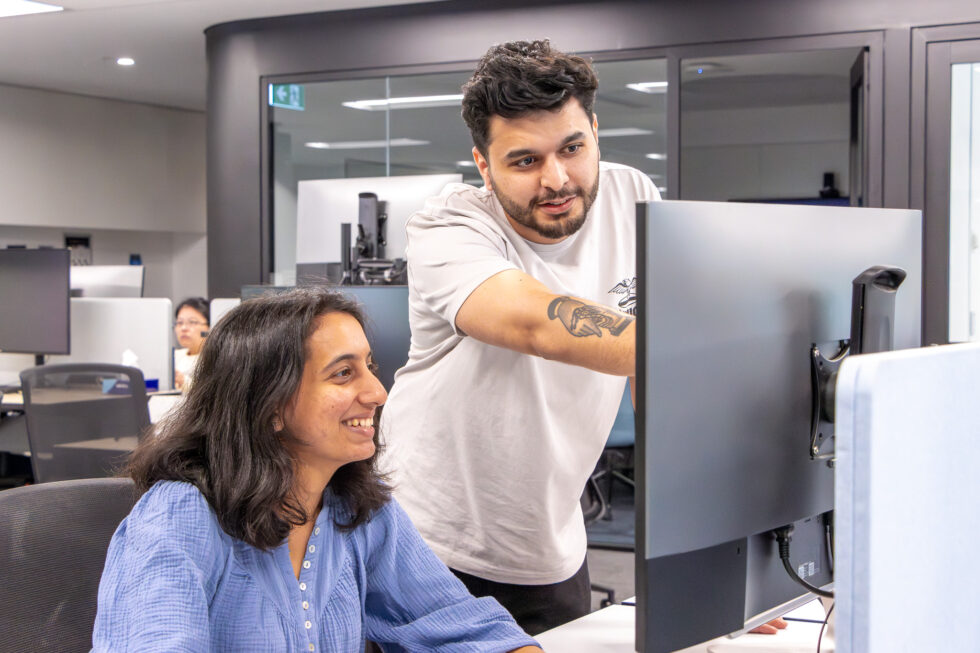Keeping Nine’s systems running strong: Maulik Khandwala’s Engineering Insights
Maulik shares some of the engineering hurdles his team have tackled and how these challenges keep things fresh and interesting.
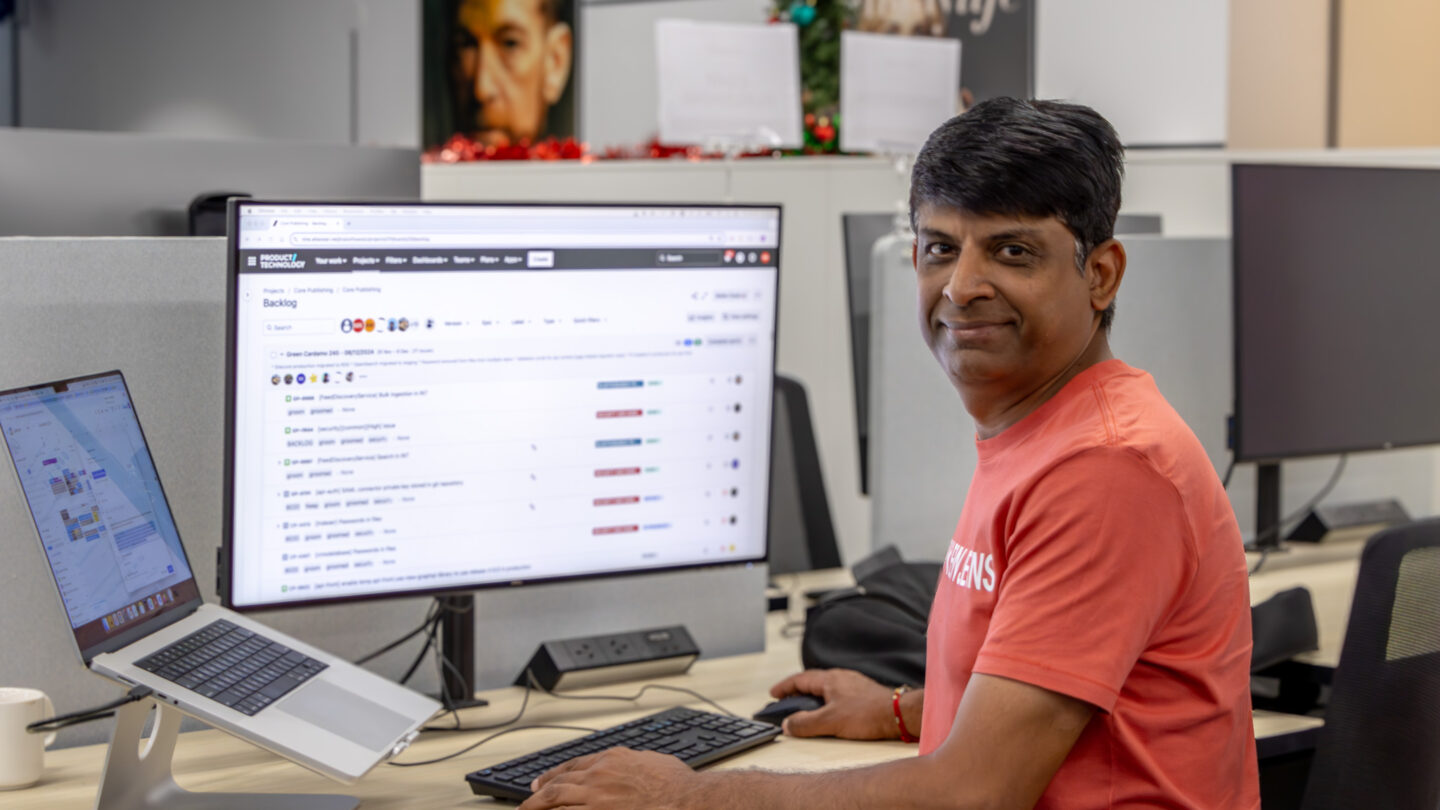
In just two short years Maulik Khandwala, Engineering Manager at Nine has taken on 2 major roles. From migrating iconic brands such as Good Food and Traveller onto new platforms to now overseeing the back-end systems that keep Nine’s publishing engine running.
These roles have not come without their fair share of technical challenges, which have kept Maulik and his team on their toes. Maulik shares some of the engineering hurdles his team faces and how these fresh challenges keep the team engaged and driven.
Starting strong: Leading complex migrations
When Maulik joined Nine as an Engineering Manager, he stepped into the Metro Web team to tackle a complex migration project. His mission? To transition popular sites Traveller and Good Food onto the Sydney Morning Herald platform. This was no small feat; Maulik managed a close partnership between front-end and back-end teams, making sure both sides were aligned and on track.
For Traveller, they navigated existing technology parameters, while Good Food saw the introduction of a technical refresh, bringing both innovative solutions and fresh challenges. One of the more demanding aspects was managing two separate code repositories—one rooted in the past and one charting the future. As Maulik puts it, “Your brain has to adjust because you’re juggling the old and the new all the time.”
Looking for a fresh challenge
When this project wrapped up, Maulik was ready for a change. Nine’s open culture let him explore opportunities across teams, so he moved over to the Core Publishing team. This role is less about front-end design and more about managing the critical back-end systems that power Nine’s publishing. “If our APIs go down, our revenue does too,” he says.
In his new role, Maulik leads a team of seven engineers who juggle a dynamic mix of upgrades, system migrations, and ongoing maintenance. The work is very varied, “Our engineers finish one project and then they’re right onto something completely different,” he says. “They get exposure to a variety of systems, technologies, and business logic, which helps build new skills and keeps things interesting.”
Right now, the team is tackling two major projects. One is migrating databases from EC2 to RDS, a move designed to reduce manual management while strengthening the system against potential threats like the recent Crowdstrike incident. The other is the massive Nine News migration, which involves ensuring their core repository is fully up-to-date and ready to handle the demands of high-traffic news content.
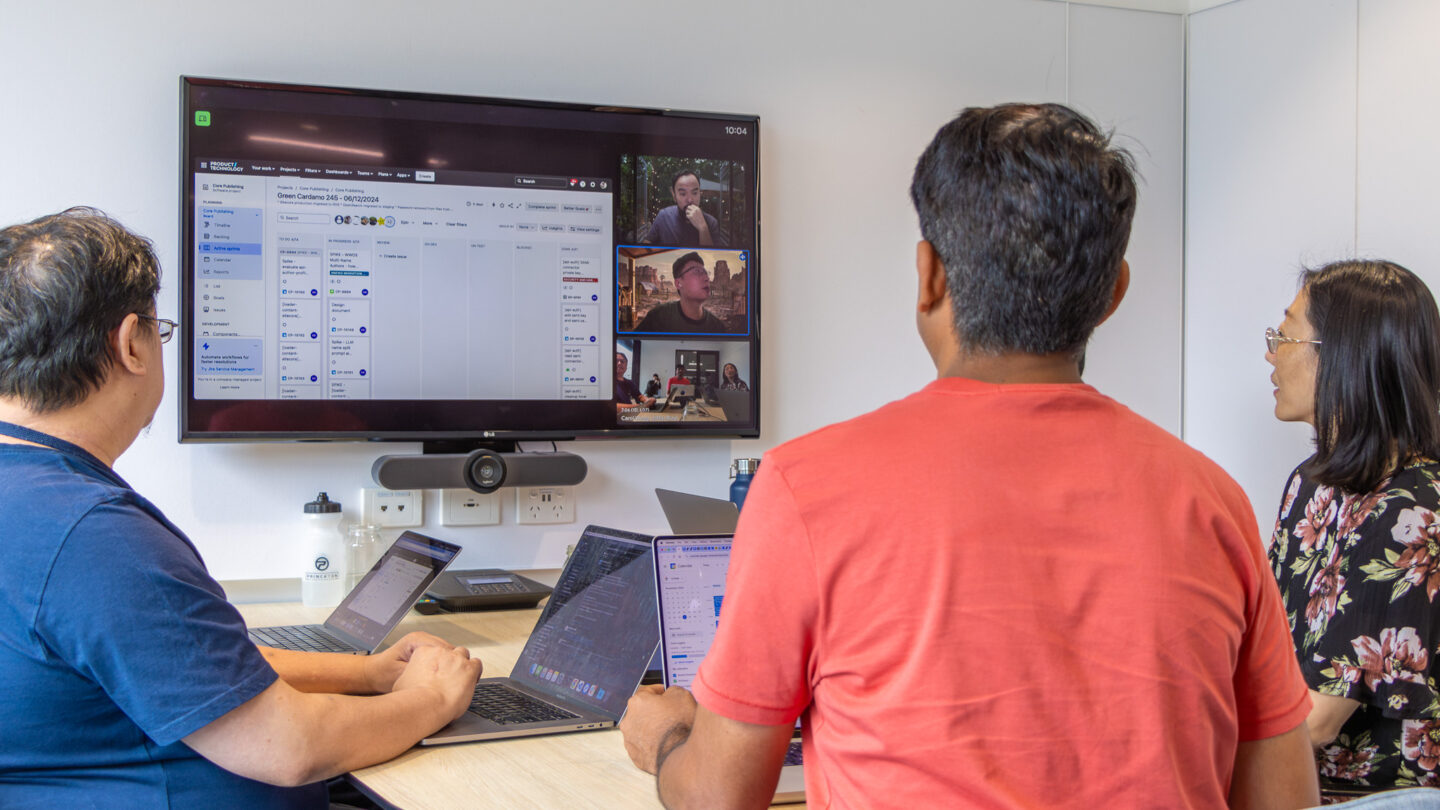
Collaboration at the core: Knowledge sharing as a priority
Knowledge sharing is the cornerstone of the team’s development and key to avoiding silos and over-reliance on any one person. To highlight its importance, dedicated time for knowledge-sharing sessions is built into every sprint and even factors into the engineers’ velocity points. “It’s a critical step in any project,” Maulik explains, “and we make sure it’s prioritised.”
Nine’s culture also fosters innovation by encouraging engineers to share their ideas. When Maulik joined, he saw the need for a clearer technology roadmap in Core Publishing. After discussing it with his manager and technical director, the team began working on a roadmap to guide their development and priorities for the year ahead. “Having your ideas brought to life really makes you feel valued,” Maulik shares. “When I suggest something, I know my voice is being heard.”
He’s committed to continuing this inclusive culture with his own team. “I love asking questions—I don’t know everything, and it’s important to create an environment where everyone feels safe to contribute,” he says. “Whether you’re a principal or an associate engineer, every idea has value and deserves to be part of the discussion.”
Leadership and learning at Nine
On a personal note, Maulik highlights the support he’s received to develop his leadership skills. He’s recently completed the Leading@Nine program, a multi-session course spread over several months. The course structure allowed him the chance to apply new skills between sessions and return to share his successes—and challenges—with peers. “It’s so much more effective than those one-off workshops I’ve completed elsewhere,” he says. “You get time to implement and put things into practice.”
With his team, Maulik leverages the Grow@Nine program to tailor training opportunities to their individual interests. Beyond traditional courses, Nine encourages hands-on learning and cross-team exploration. With the “Squad Explorer” initiative, individuals can work with a different squad for six to eight weeks — which Maulik sees as a great way to test out a new area before committing to a full transition. Some even return to Core Publishing afterward, bringing back fresh ideas and perspectives that enrich the whole team.
Looking ahead: The future of core publishing
In looking ahead to 2025, Maulik believes the team will continue to embrace emerging technologies. “Tech’s moving fast, and we’re looking at ways to responsibly bring additional AI into our systems and keep up with the latest developments.” He sees this as another layer of opportunity for engineers looking to grow their skills in a future-focused environment.
In a relatively short period, Maulik has explored major technical challenges and added huge value to the team and the business with his learning mindset to self-development and building an inclusive team culture.
